Detroit Police Raid Puts Psychedelic Decriminalization to the Test
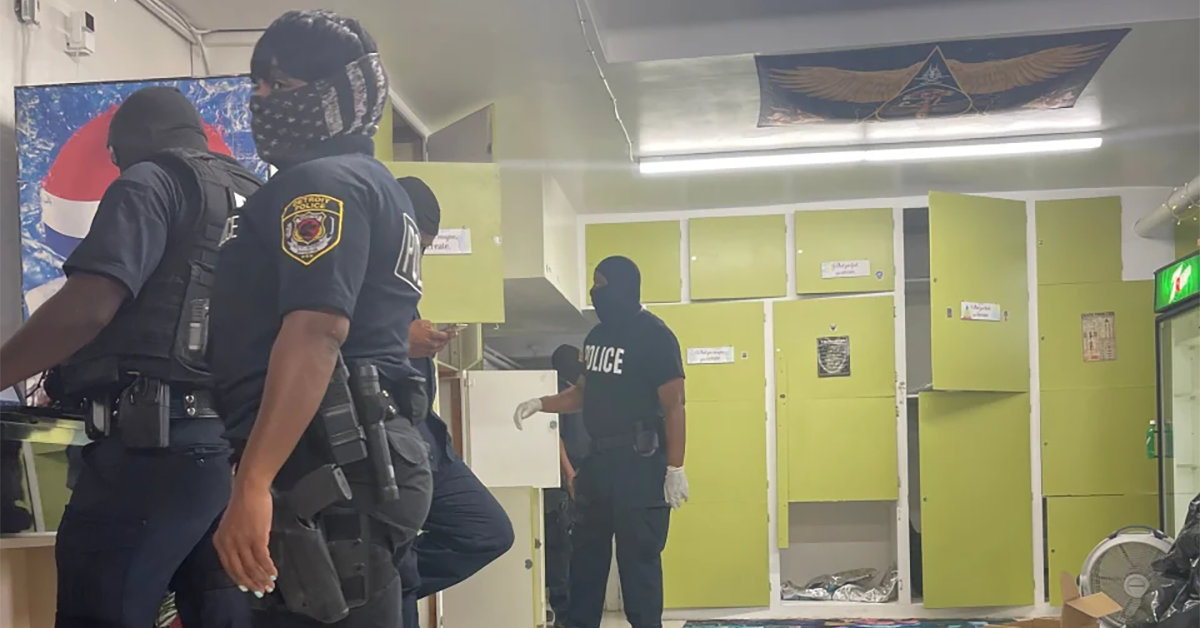
Note to Readers: While the primary focus of our platform remains cannabis-related news, we think it's important to explore the parallel happenings in the realm of psychedelic substances in Michigan, due to its close kinship and its potential implications for future policy-making in related fields. We hope you find the following article enlightening.
In a pivotal moment in 2021, Detroit saw a marked shift toward leniency in drug policy with the voter decision to decriminalize psychedelic mushrooms and several related substances. However, the practical application of this seemingly progressive move has recently been challenged.
Last week, Soul Tribes International Ministries, a self-identified psychedelic religious institution, faced a raid by Detroit police. Despite the organization's assertions of legal and religious sanctity in their practices, the authorities conducted a search, seized substances, and subsequently shut down the operation, branding it illicit.
Shaman Bobby Shu, the founder of Soul Tribes, has expressed a firm intent to resume operations by Monday. The point of contention arises from Proposal E, which was affirmed by 61% of Detroit voters in 2021. While it intended to decriminalize psychedelics within city boundaries, Assistant Corporation Counsel Doug Baker highlights that it neither specifically sanctions the sale/distribution of psilocybin mushrooms nor supersedes state law that continues to designate psilocybin as a controlled substance.
The enforcement of the said operation, according to a police statement, ensured the confiscation of "illegal controlled substances" and cessation of an "illegal operation" that purportedly posed a risk to the community.
Soul Tribes, having inaugurated its services inside the longstanding Bushnell Congregational Church over Labor Day weekend, offers access to psilocybin mushrooms, ayahuasca, and other entheogenic plants they deem sacraments. The ministry eloquently defends its position: "These sacraments reflect our deeply-held religious beliefs and form an integral part of our worship and religious practices, as supported by the Religious Freedom Restoration Act of 1993."
The founder, Shu, was not only pivotal in the institution's operations but was also actively involved in the campaign to pass Proposal E. The resulting city ordinance from the proposal indeed states that law enforcement pertaining to "the personal possession and therapeutic use of entheogenic plants by adults" should be of the lowest priority in Detroit.
In a nuanced explanation, the ordinance clarifies therapeutic use as involving a range of activities with entheogenic plants among adults, potentially under the guidance of a licensed therapist, medical professional, or religious leader. It endeavors to:
- Decriminalize personal possession and therapeutic use of entheogenic plants for adults to the maximum extent permissible under Michigan and federal law.
- Deprioritize the imposition of penalties for related offenses within Detroit.
- Avoid impeding the enforcement of pertinent state or federal laws.
Even before the abrupt shutdown, Shu conveyed that he had engaged in dialogues and email communications with the Detroit Police Department (DPD), affirming the legitimacy of Soul Tribes as a legal and religious entity, registered with the state.
Shu reveals that the police confiscated entheogenic plants valued at over $700,000 and emphasizes that he has not been criminally charged related to the raid. He, along with his legal team, is diligently working to reopen the facility.
Beyond providing access to entheogenic plants and guiding participants through sessions, Soul Tribes also offers teachings on breath work, thought management, reiki, and meditation, among other practices.
Asserting his rights, Shu stated, "You cannot discriminate against us because of our religious beliefs, that's the First Amendment. The police's job is to enforce city ordinances."
This instance underscores the complexity and potential friction points in the navigation between local ordinances, state law, religious freedoms, and drug policy reform—a topic surely to continue sparking debates and discussions in Michigan and beyond.
Stay tuned to our platform for more updates on policy changes, debates, and discussions related to cannabis and psychedelics in Michigan.
Robert Shumake's journey from a past dotted with legal and financial troubles to establishing himself as a "Shaman" in the psychedelic community is one entwined with varying perspectives. His previous encounters with the law, notably related to financial irregularities, set a complex stage upon entering the spiritual and psychedelic arena. His ventures, notably advertised via billboards promoting mushrooms, have sparked conversations that highlight a spectrum of views within the community. Some express skepticism given his past, questioning the authenticity and legality of his actions. Others navigate through a discourse of redemption and second chances.
At Michigan Marijuana News, we are dedicated to providing objective reporting, presenting facts related to the recent raid and any ensuing legal proceedings without taking a particular stance on Shumake's actions or the varied public perceptions thereof, always prioritizing transparent and unbiased information for our readership.
Share this article:
Spotted a typo, grammatical error, or a factual inaccuracy? Let us know - we're committed to correcting errors swiftly and accurately!
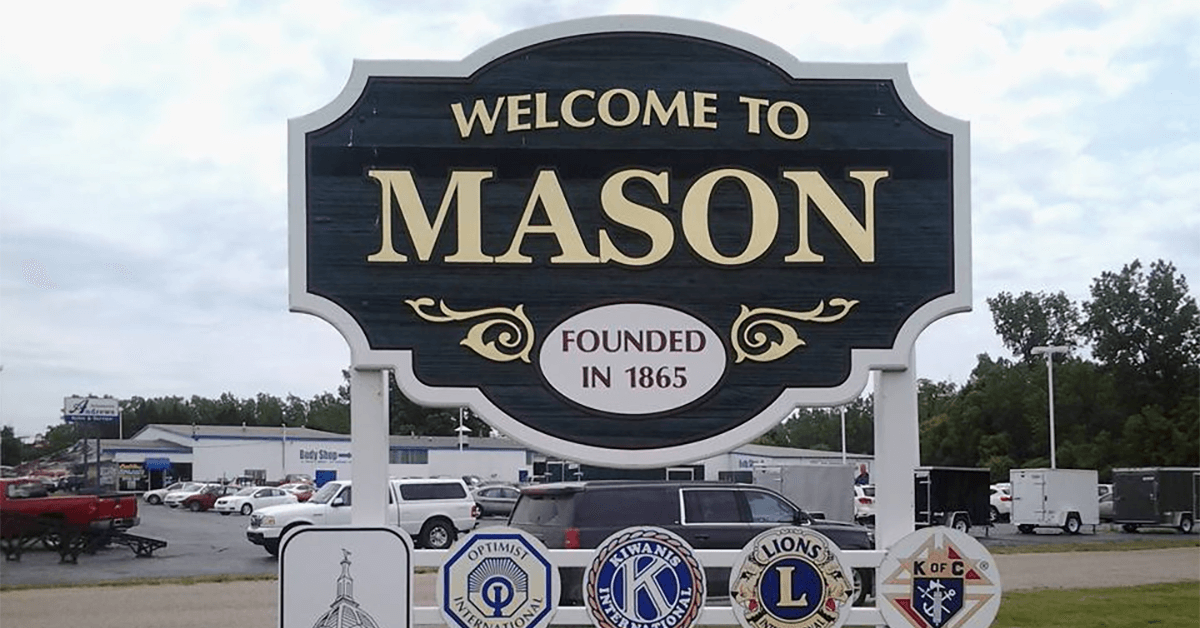
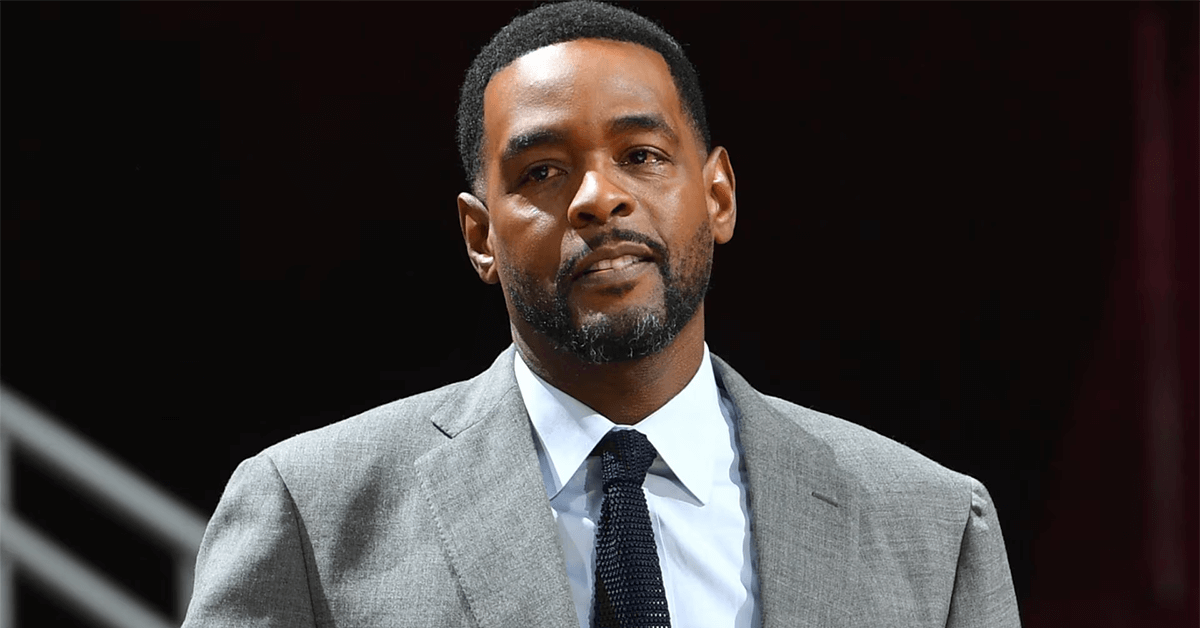
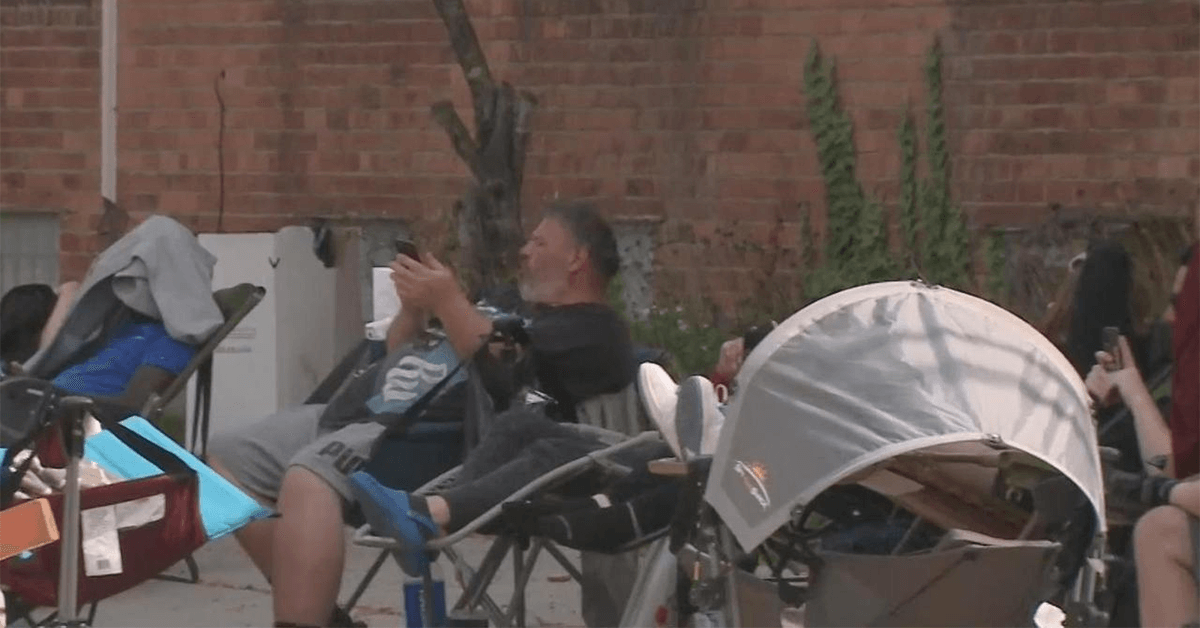
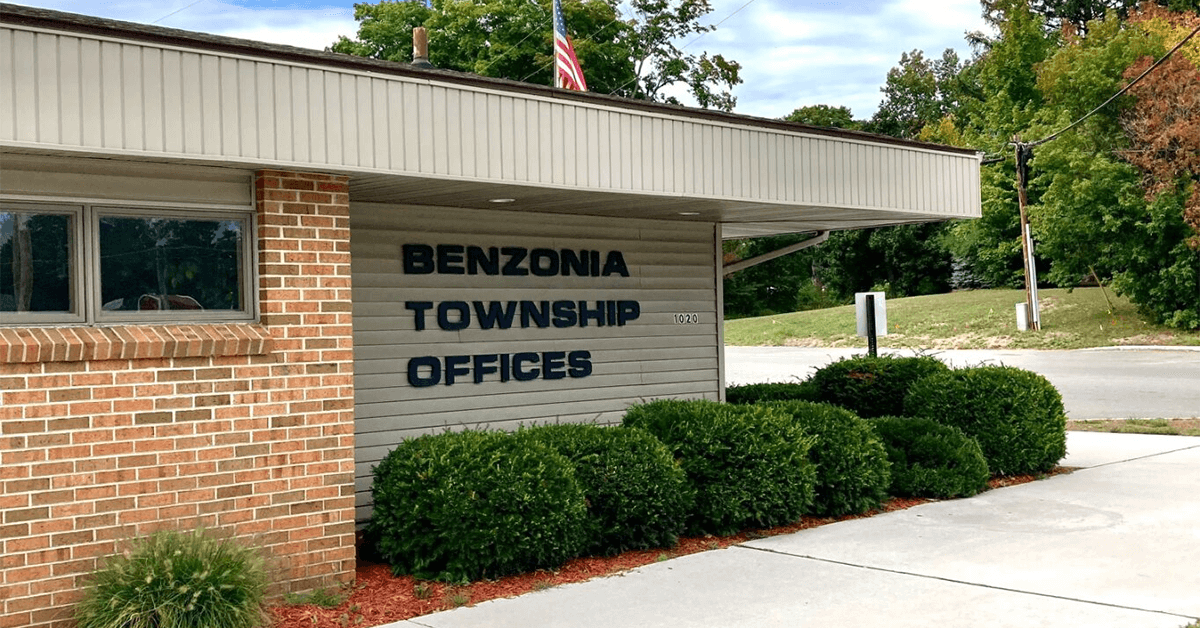
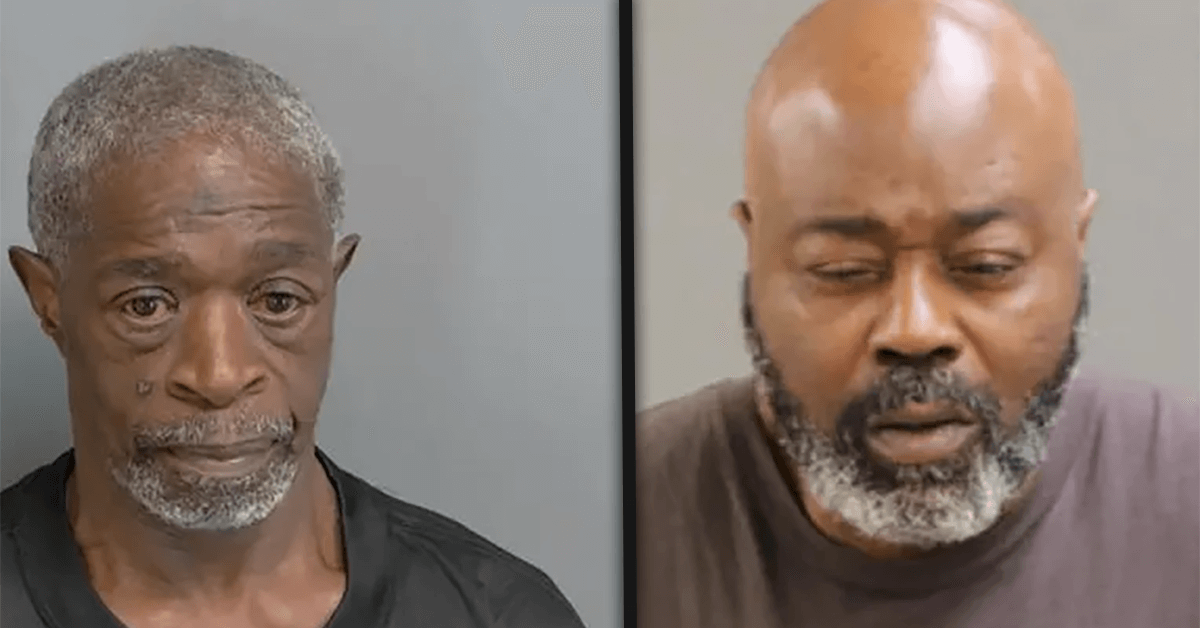
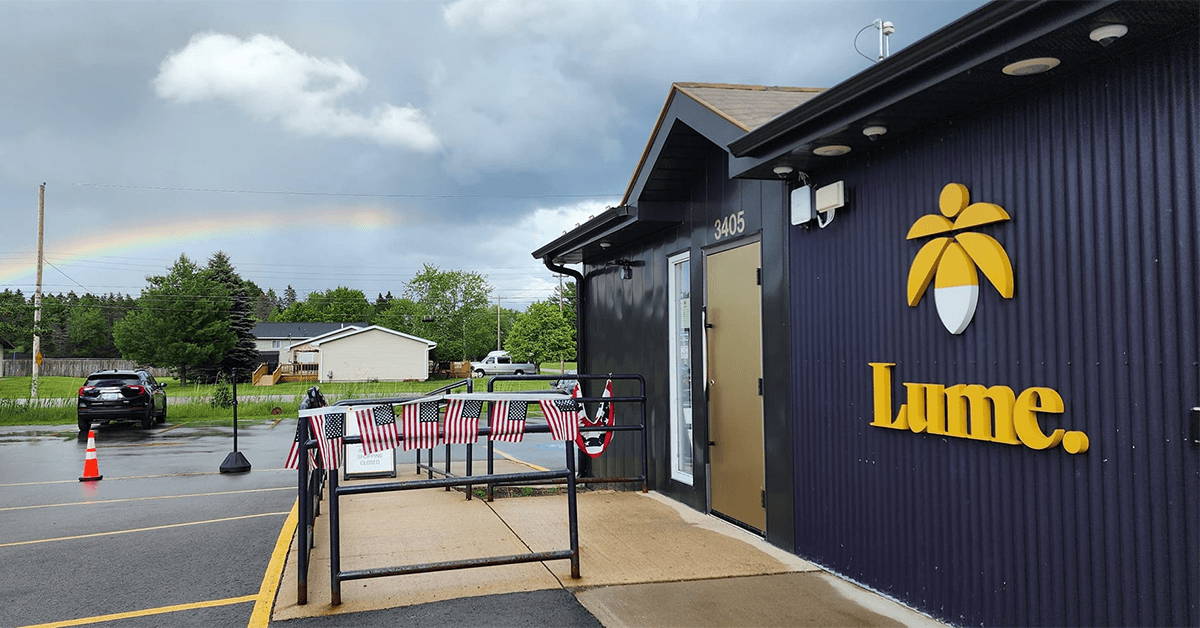


 Helpful Links
Helpful Links